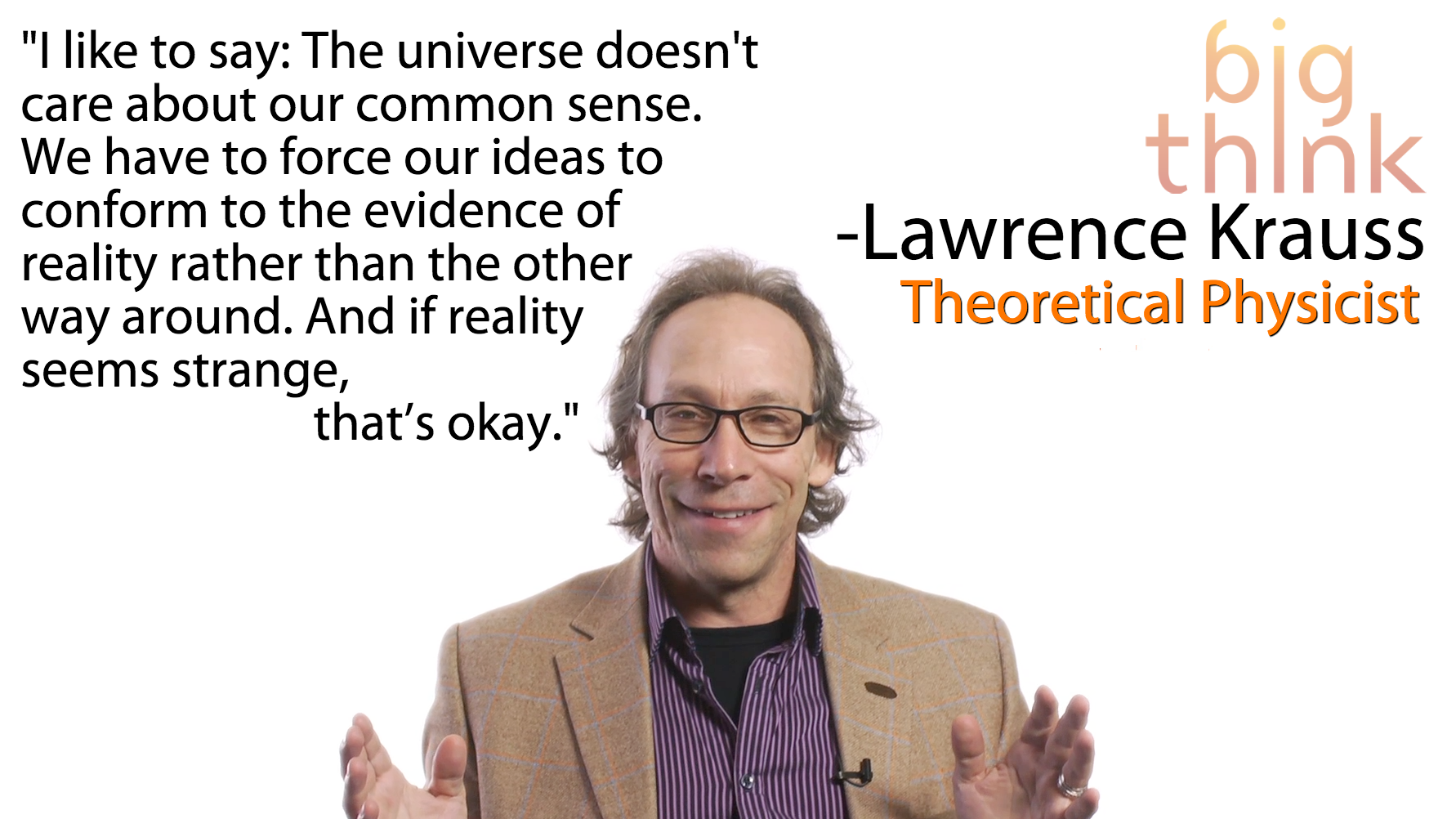In this day and age, we and our gadgets are limited by the archaic ways we store our power. Tech guru Brad Templeton explains that a breakthrough in battery technology would spark an exciting wave of innovation and enable the future of computing to be realized.
All Articles
Filmmaker Sanjay Rawal discusses Food Chains, his new documentary investigating the plight of a group of farm workers in Southern Florida who have fought for fair food standards.
A.J. Edwards is the director of the new film The Better Angels, which highlights the formative years of Abraham Lincoln. In this Big Think interview, Edwards explains his decision to shoot the film in black and white.
Luis von Ahn, CEO of Duolingo and one of the inventors of CAPTCHA, explains how reCAPTCHA harnesses the abilities of both humans and computers in order to accomplish tasks such as the digitization of old books.
“I like to say, the universe doesn’t care about our common sense. We have to force our ideas to conform to the evidence of reality rather than the other way around. And if reality seems strange, that’s okay.”
-Theoretical Physicist Lawrence Krauss, from his Big Think interview
Extremely concentrated wealth is bad for the people who possess it, sapping them of nobility, dignity, and charity.
Conversations between mother and daughter contain more emotional content than conversations mothers have with their sons, according to a new study.
While our culture praises innovation and invention, we owe our greatest successes—including those of the innovator and inventor—to imitation and outright copying.
Listening to your body clock can help you be more alert, soak up new information faster, and generally be more productive, say sleep researchers who study chronobiology.
The greatest international internet meme war dates back to 2005. Many brave pixels were wounded. “I didn’t know any successful actors in Kenya, so I felt like I could get […]
Companies fear, and GMO opponents hope, that labels on food will scare consumers away. But more and more research indicates that isn’t what happens.
You’ve probably never heard of Ahwaz. But the Emirate in waiting already has a flag – and, of course, a map…
“Companies really want inclusion but they often predicate that inclusion on the surrender of various forms of diversity that people bring to the table. So the idea is that if you modulate your outsider identity to adopt mainstream behaviors then you’ll be included. And so it puts people to this tragic choice between their identity and inclusion.”
Should certain organizations be exempt from paying artists a minimum wage? This question becomes difficult to tackle when lines between ‘work’ and ‘play’ become blurred. At the same time, some of these institutions are able to get away with paying workers nothing.
IBM’s talented and versatile Watson supercomputer is now about to become your own personal health guru. A new app will harness Watson’s abilities to allow you to obtain health and fitness advice similar to how you get driving directions from Siri.
A new report seeks to dispel outdated myths about young children and screen exposure. While it’s important that screen time isn’t used as a replacement for personal contact, the two aren’t at all mutually exclusive.
Maintaining both a personal and professional presence online requires both a delicate touch and an understanding that lines are inevitably going to become blurred.
Your Kindle software update may have already updated the fonts and graphics on your device, but did you know that a new feature will now allow you to treat e-books like real books and give you the ability to share them with your family members?
Researchers have long understood that playing action-packed video games can boost one’s cognitive and perceptual abilities. A new study claims to have found the reason: These types of video games improve one’s ability to learn new tasks. The problem is that a conflicting study claims the exact opposite.
“Limitations force you to find the essence of what you want to say, which is one of the most important things to know for an artist.”
Did you know October was National Bullying Prevention Month? Researchers at Clemson University are finding that campaigns such as NBPM are not reaping the results organizer had hoped.
Wise Women Rise to the Top There’s a big difference between being smart and being wise, and also being intelligent, frankly, says futurist Edie Weiner. Why We Need More Women […]
There are monster galaxies in the Universe thousands of times the size of ours. But none of them are spirals like us! “Sometimes, I sit alone under the starsand think […]
“Cautious, careful people, always casting about to preserve their reputation and social standing, never can bring about a reform. Those who are really in earnest must be willing to be anything or nothing in the world’s estimation.”
The United State owns the market on personal data with companies like Facebook and Google. This puts America in a position of power when talking about privacy rights. But that may mean being at odds with the international community.
Why aren’t millennials saving money? One reason is that the crippling recession has made the generation distrustful of banks. Another is that they hardly have any money to save, especially after paying down debt.
When prison populations began to surge in the mid-20th century, it changed the entire social dynamic of incarceration. Prison gangs grew out of a need for inmates to organize and defend themselves.
Google has launched “Google Bus Bangladesh,” an educational program aimed at teaching 500,000 young Bangladeshis about the internet. Bangladesh is the world’s 8th most populous nation yet many of its 157 million people remain offline.
About three-quarters of Americans—74 percent, to be precise—believe in God. This 3-question quiz can help predict if you are likely to be among that majority.
There are three primary ways that mobile technologies change our behavior: 1. By making things easier 2. By interrupting us 3. By giving us feedback By Making Things Easier: Let’s […]


























